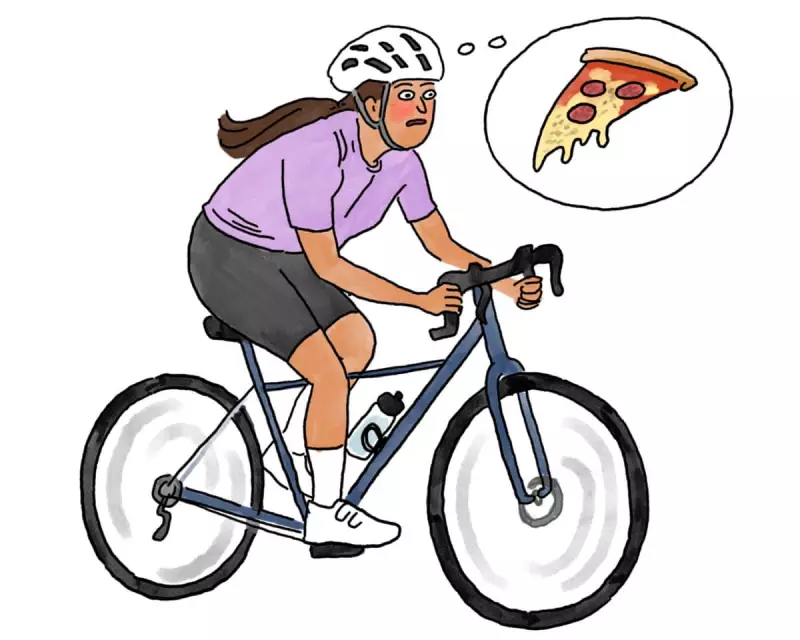
For many fitness enthusiasts, the morning routine presents a crucial question: to eat before a workout or to exercise on an empty stomach? The long-held belief is that fasted exercise torches more body fat, but what does the science actually say?
The Science of Fasted Fuel Burning
According to Javier Gonzalez, a professor of nutrition and metabolism at the University of Bath, there is a kernel of truth to the idea. "When we exercise, we're always burning a mix of fuels – mainly carbohydrates and fat," he explains. "If you've fasted overnight, you'll generally burn a bit more fat and less carbohydrate than if you'd eaten breakfast, especially one high in carbs."
This physiological shift occurs because overnight fasting depletes the body's stored carbohydrates, known as glycogen. In this state, your system is primed to tap into fat reserves for energy during physical activity.
Why Fasted Workouts Aren't a Magic Bullet for Weight Loss
However, Professor Gonzalez is quick to temper expectations. Burning a higher proportion of fat during a workout does not automatically translate to greater weight loss over time. The fundamental principle of shedding body fat remains unchanged.
"To lose fat, you need to be in an energy deficit: burning more energy than you consume," he states. The body has a remarkable ability to balance its energy accounts throughout the day. Any extra energy consumed from carbohydrates, fat, or protein can ultimately be stored as body fat. Therefore, if your overall calorie intake exceeds your expenditure, it doesn't matter if you exercised fasted or fed; you will not lose fat.
The Real Metabolic Benefits of Training Fasted
This doesn't mean fasted workouts are without merit. Research, including studies conducted by Gonzalez himself, points to other significant advantages, particularly for metabolic health.
Fasted training seems to encourage muscles to move glucose out of the bloodstream, he says. This mechanism can lead to improved blood sugar control, especially after meals, helping to prevent the energy crashes associated with blood sugar spikes.
These effects are most pronounced during endurance exercises like jogging or cycling. During high-intensity efforts, such as sprint intervals, the body's demand for quick energy means it will rely heavily on carbohydrates regardless of whether you have eaten or not.
Professor Gonzalez summarises the findings succinctly: "The most important thing is to do the exercise. Whether you do it fasted or fed is just the icing on the cake." The benefits of fasted training are modest, and consistency with your workout routine is far more critical.
For those interested in trying fasted exercise, he advises starting small with sessions of 15 to 20 minutes and building up gradually. "If you feel light-headed or dizzy, that's your cue to stop and eat something," he cautions. Listening to your body is paramount for a safe and effective fitness journey.






